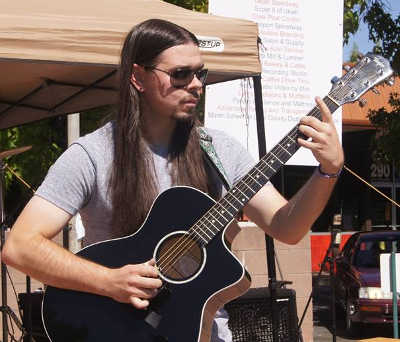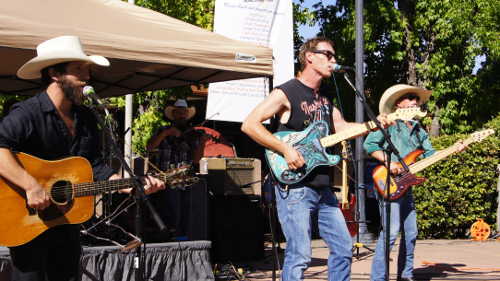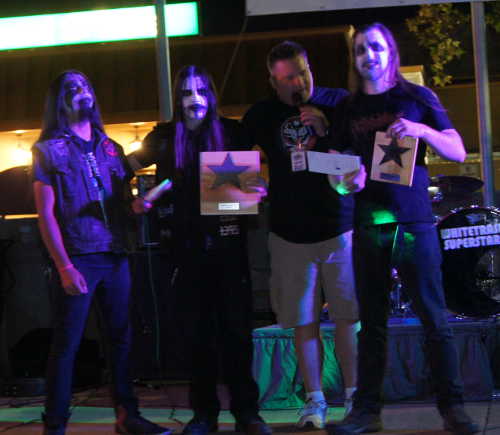- Elizabeth Larson
- Posted On
Lake County's August unemployment dips slightly
LAKE COUNTY, Calif. – Lake County's unemployment picture had a slight improvement in August, according to the latest information from the California Employment Development Department.
The state's report on joblessness showed that Lake County's unemployment rate in August was 6.3 percent, down from the revised 6.5 percent in July and below the August 2015 estimate of 6.8 percent.
California's unemployment rate in August was 5.5 percent, holding steading from July and improved over the 6 percent recorded in August of last year. The unemployment rate is derived from a federal survey of 5,500 California households.
Nationally, 151,000 jobs were added in August and unemployment was 4.9 percent, the third straight month at that rate, according to the Bureau of Labor Statistics. The August 2015 nationwide unemployment rate was 5.1 percent.
Lake County's unemployment rate ranked it No. 34 amongst California's 58 counties. San Mateo County once again held onto the No. 1 spot, with 3.2 percent unemployment, while Imperial County came in at No. 58 with 23.8 percent.
In August, Lake County's “total farm” industry sector jumped by 43.7 percent – or 590 jobs – over July, but was still down by 4.4 percent compared to the previous August, according to state data.
Subcategories of the total nonfarm sector showed growth included goods producing and federal government jobs, while service producing and the overall government sector were down, with many other sectors remaining flat.
The Employment Development Department said that California's nonfarm payroll jobs increased 63,100 in August for a total gain of 2,347,800 since the economic expansion began in February 2010. This followed a revised gain of 18,600 in July, down from a preliminary estimate of 36,400 jobs.
The report said jobs in California totaled 16,534,300, according to a survey of 58,000 of the state's businesses, which showed the number of jobs increased 378,000 from August 2015 to August 2016 (up 2.3 percent).
The federal survey of households that determines the unemployment rate showed an increase in the number of employed people, estimating the number of Californians holding jobs in August was 18,170,000, up 57,000 from July and up 354,000 from August of last year.
The number of people unemployed in California was 1,061,000 in August, up 12,000 from July, but down 85,000 from August of last year, the state said.
Statewide, on both a monthly and annual basis, industry sectors that gained jobs included government; professional and business services; scientific and technical services; trade, transportation and utilities; construction; information; financial activities; educational and health services; other services; and leisure and hospitality. Manufacturing and mining and logging posted losses, the state said.
The Employment Development Department also reported that 352,085 people were receiving regular Unemployment Insurance benefits during the August survey week, compared with 353,609 in July and 367,255 in August of last year.
The state said new claims for Unemployment Insurance were 39,095 in August compared with 42,923 in July and 43,332 in August of last year.
Email Elizabeth Larson at This email address is being protected from spambots. You need JavaScript enabled to view it. . Follow her on Twitter, @ERLarson, or Lake County News, @LakeCoNews.

 How to resolve AdBlock issue?
How to resolve AdBlock issue? 



 CLEARLAKE, Calif. – The Clearlake Police Department said its officers arrested two people on Monday for heroin, methamphetamine, drug paraphernalia and illegal fireworks.
CLEARLAKE, Calif. – The Clearlake Police Department said its officers arrested two people on Monday for heroin, methamphetamine, drug paraphernalia and illegal fireworks.





